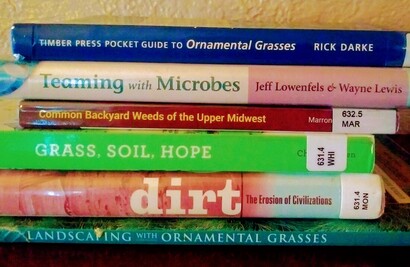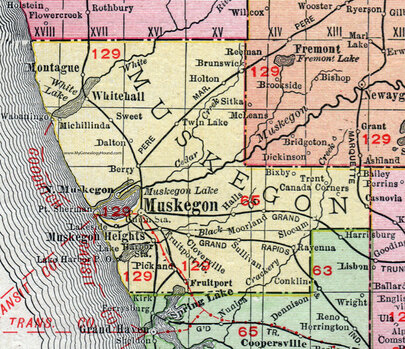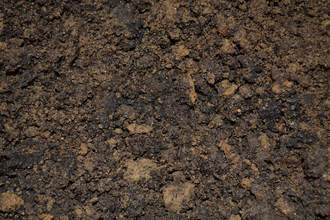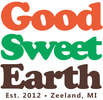 The off-season (November-March) at the Good Sweet Earth homestead is the time of year we like to recharge our batteries and expand our knowledge base. That means a little travel, a little rest, but also a lot of continuing education, research, workshops and reading. Steve (our lawn guy), has decided to focus on two areas of study this year: Learning as much as he can about common lawn weeds found in Michigan, and the physiology of ornamental grasses. That means, in addition to the usual reading about faming, soils, microbes, turf and vermicompost, he’ll be entering the 2020 growing season (hopefully!) with a whole new level of understanding of ornamental grasses and weeds, and how those relate to a healthier, more beautiful yard. So while some of our outside learning comes in the form of classes, much of it comes from good old-fashioned trips to the public library, and browsing the shelves for good books to fill the cold winter months. We thought we’d share with you some of what we’re reading this January, and how it’s informing and inspiring us as we enter a new year.
0 Comments
 Good news, Muskegon County residents! Good Sweet Earth isn't just serving the counties of Kent, Allegan and Ottawa anymore. Starting in 2019, we're expanding our service area north along the lakeshore to cities and townships in Muskegon County. If you live in Muskegon, Norton Shores, Whitehall, Roosevelt Park, Casnovia, Fruitport, Montague, Ravenna, or any neighboring community, and you'd like to feed your turf and soil organically, we'd love to come out and give you a free consultation for lawn care. But why go organic on your lawn? First, healthy grass comes from healthy soil. Synthetic chemical fertilizers kill your soil, which in turn kills your turf and makes it overly reliant on chemicals. Dead soil is also a breeding ground for weeds and disease. Organic fertilization focuses on feeding your soil and developing a healthy ecosystem of bacteria, fungi, worms and other life below the surface of your yard. We use vermicompost (nutrient-rich compost made by earthworms), microbial tea (a liquid rich in microbes to help break down organic matter in your soil), and all-natural slow-release fertilizers. Second, many people in the United States have made the switch to buying organic produce, yet continue to dump chemicals on their lawn and garden. There's a real disconnect there. If you're concerned with how your food is grown on a farm, you should be even more concerned with how your grass (and garden) are grown in your own yard. Third, synthetic chemicals are destroying our ecosystem. These chemicals leach into our watersheds, they kill the life found in our lakes, rivers and streams, they cause algae blooms, and ultimately introduce poisons into our environment. Organic soil management practices can reduce the effects of climate change by helping soil hold on to carbon more effectively. This type of healthy soil management doesn't have to be limited to farms, it needs to start right in each of our yards. In fact, lawns cover more acreage in the United States than any other crop. That means the management practices adopted by homeowners could have a larger impact on our nation's soil and climate than the actions of our farmers. If you live in Kent, Ottawa, Allegan or Muskegon Counties in West Michigan, and you'd like to learn more about organic lawn care for your own home, give us a call at 616-594-0693 or email us at [email protected].  At Good Sweet Earth, we believe healthy soil is the key to a healthier—well, everything. It’s the key to producing healthier food, keeping our watersheds clean, giving us more breathable air, and even reducing the greenhouse gasses responsible for climate change. Reducing the amount of chemicals in the soil around our homes exposes us to less carcinogens, which is healthier for our families. Healthy soil provides a home to billions and billions of lifeforms, which are threatened when soil is tainted with chemical fertilizers and herbicides. And when soil is healthy, it helps prevent erosion. Soil is life. But what exactly does soil do? According to the Soil Science of America, they describe the basics of soil like this: Soil is an amazing substance. A complex mix of minerals, air, water, and countless microorganisms, soil forms at the surface of land and comes in many types. Put another way, soil is the thin, outermost layer of Earth’s crust, and like our own skin, we can’t live without soil. Why?
|
